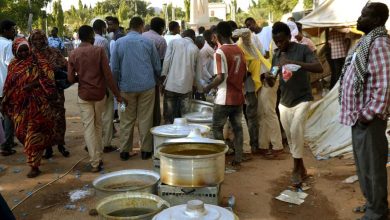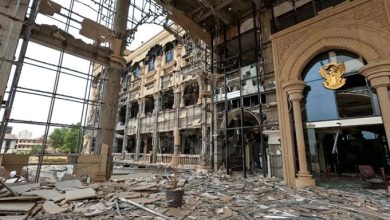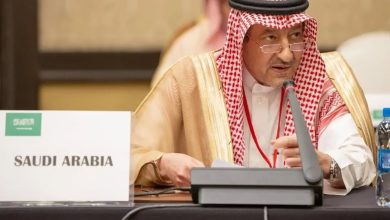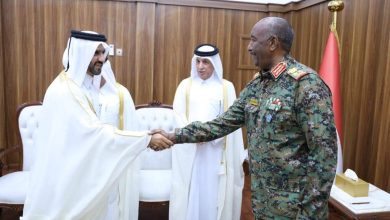Wagner Group in Africa
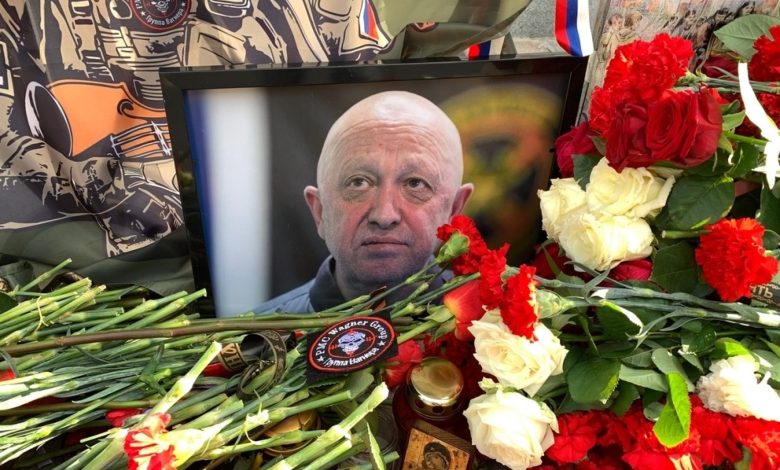
Olumba E. Ezenwa and Idris Mohammed
Summarised by Sumaya Sayed
The death of Yevgeny Prigozhin after his private jet crashed on August 23 has raised questions about the Wagner Group’s future. Many in the west suspect Kremlin involvement in his death and are asking what will become of the mercenary group without its charismatic leader.
The Wagner Group, often described as a private military company (PMC) is a state-linked actor with close ties to the Russian military. It has involved itself in the internal politics of numerous African countries, advancing Kremlin interests while providing the Russian leadership with “plausible deniability”.
The death of the Wagner Group’s charismatic leader, a former close ally of Putin, raises questions about these African operations. Based on credible news reports, these include activities in: Equatorial Guinea, Libya, Central African Republic (CAR), Chad, Mali, Burkina Faso, Sudan, Mozambique and Madagascar. The group reportedly has more than 5,000 operatives across its Africa operations.
A common denominator among these countries is the presence of insurgencies or civil wars, abundant natural resources, corrupt leadership, and unconstitutional governance, among other factors. Many of these states, such as Libya, Sudan, and Mozambique, have many of the characteristics of “failing” or “failed states”.
Designated by the US government as a “transnational criminal organisation” the Wagner Group offers a range of services. These include conducting offensive combat operations, training, ensuring regime security, advising government leadership, and the management and extraction of natural resources.
The Wagner Group’s involvement in west Africa furthers Russian interests by challenging French dominance. The group has done this through the reportedly now defunct Internet Research Agency, known as “Russia’s troll farm”. This organisation orchestrated disinformation campaigns on social media to spread anti-colonial sentiments.
By doing this, it reinforced the already strong anti-French sentiments in the Sahel region to discredit France and position Russia as better alternatives. The Internet Research Agency was directly associated with the Wagner Group via Prigozhin as its founder and owner.
In addition to its military activities, the Wagner Group is estimated to have garnered more than US$20 billion (£15.9 billion) from its diverse business dealings, which range from gold mining in Sudan to diamond extraction in CAR, where it is also reported to be heavily invested in the forestry and timber business.
Since mercenaries tend to thrive in conflicts, they are likely to profit by prolonging the conflicts they become involved in. So the activities of a PMC such as Wagner can exacerbate conflicts by prolonging hostilities, as witnessed in Libya, Mozambique and CAR.
In Libya, meanwhile, Wagner Group units first appeared in 2018, according to a submission to the UK parliament, ostensibly to provide technical support for repairing and maintaining armoured vehicles for the Libyan National Army. Since then, the scope of their operations has expanded with increased funding from Russia and the fighting continues.
The involvement of Wagner or other PMCs in these countries almost inevitably leads to the erosion of sovereignty as unstable governments become dependent on the mercenaries for their survival. This situation may cause local leaders to favour the interests of the PMCs, reinforcing their roles as puppet leaders, causing mass exploitation of resources, leading to environmental degradation, poverty, grievances, intensified conflicts – all of which creates further demand for mercenary services.
As long as certain African countries and their leadership remain plagued by corruption, extended terms in office, election manipulations, neo-colonial influences, and looting of the national treasury, coups will remain a persistent concern. Military coups are on the rise again particularly in west Africa, stimulating an increased demand for mercenary services. As such, Prigozhin’s death is unlikely to significantly affect the Wagner Groups’s African operations. The more pertinent question is what the new leadership will look like and whether it will be more directly state-controlled.
To maintain popular support in an era of instability, African leaders must be seen to act in their people’s best interests. They must heed popular demands to halt misrule and the misuse of African resources across the continent.
